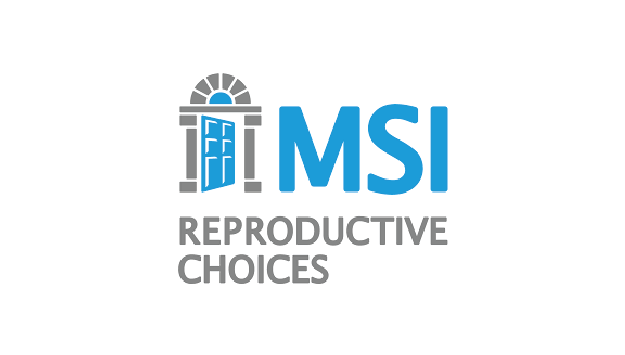Good practices

Generating or using evidence-based practices in your programming is essential to optimize resources as well as to realize the rights and meet the needs of target populations. Our team can support your initiative in the identification of good, promising, and emerging practices.
This involves the following steps:
01. Defining
Defining rigorous criteria for the selection of practices.
02. Consulting
Consulting relevant stakeholders.
03. Collecting
Collecting critical information about the practice:
- What is the practice about?
- Why is it a positive practice?
- What are the tangible effects of the practice?
- What resources are required to implement this practice (human, financial, technological, others)?
- How does this practice consider gender mainstreaming and inclusion?
04. Generating
Generating user-friendly documentation of the practice.
Case Studies

Documentation of the MSI Reproductive Choices “Papua New Guinea’s voluntary vasectomy programme”
Client: MSI Reproductive Choices
Year: 2017
MSI is an international non-governmental organization providing contraception and safe abortion services in 37 countries around the world. In 2017, our team was appointed to document MSI’s experiences, results, and lessons learned from their programme to expand access to voluntary vasectomy services in rural Papua New Guinea. Different aspects were analysed by our team to produce a documentation brief, such as the service delivery model in the country, trends in vasectomy service delivery, men’s attitudes and perceptions of family planning, factors that drive men to take up vasectomy, and barriers preventing them from using the service.

Experience working with donor mechanisms such as the Safe Abortion Action Fund, The Girls First Fund, Elevate Children, Stars Foundation (Impact Awards), No Lost Generation (through UNICEF), and With and For Girls Awards, among others.